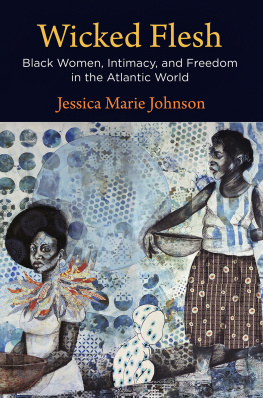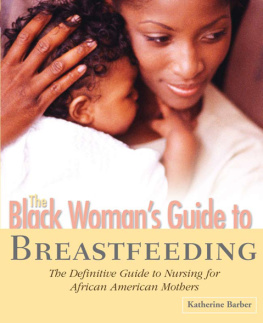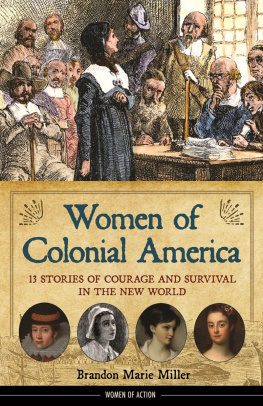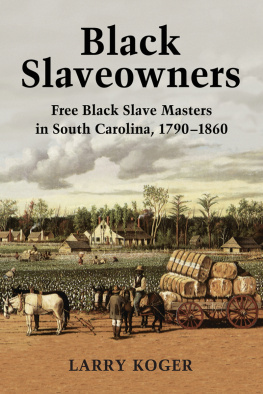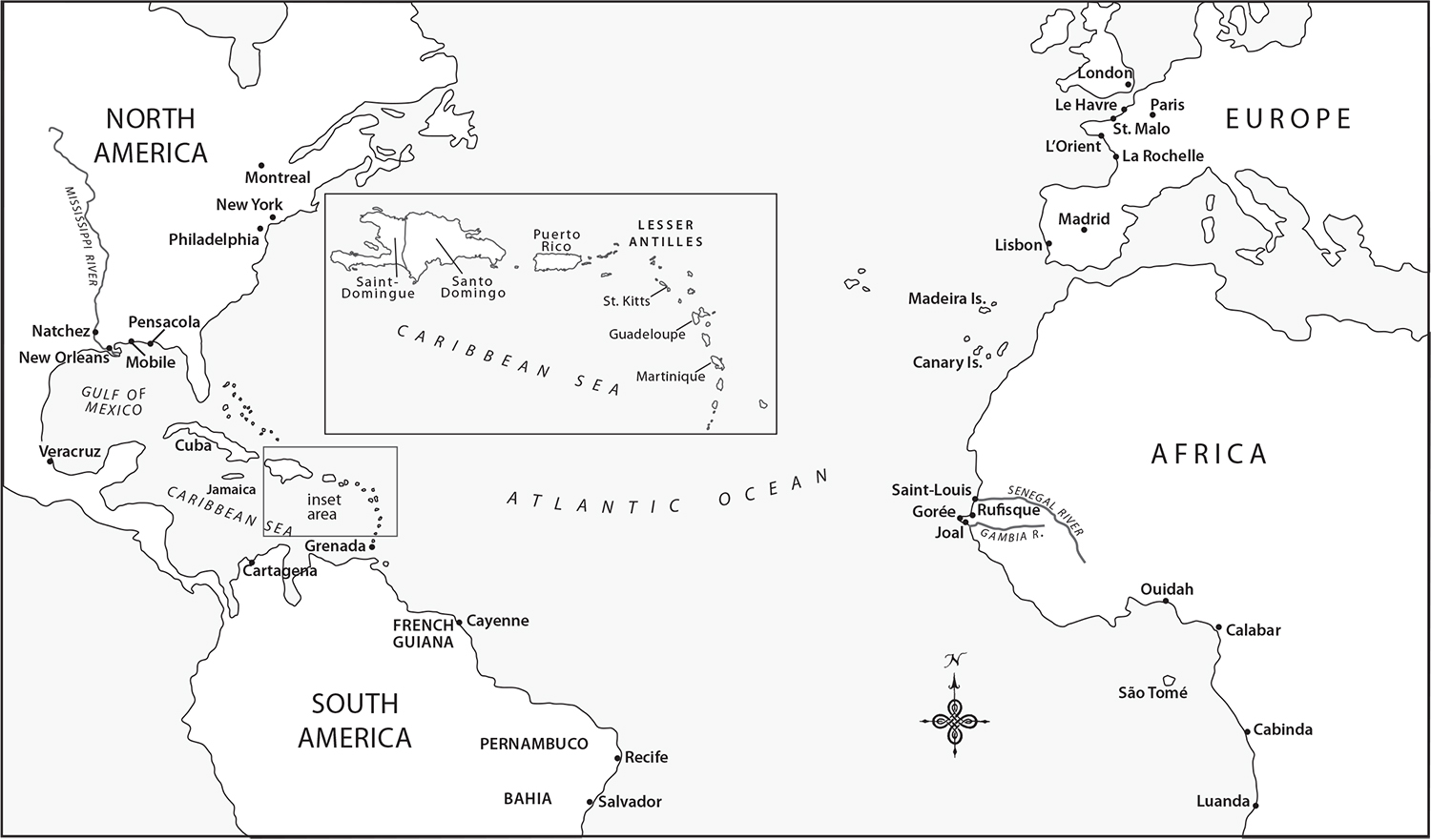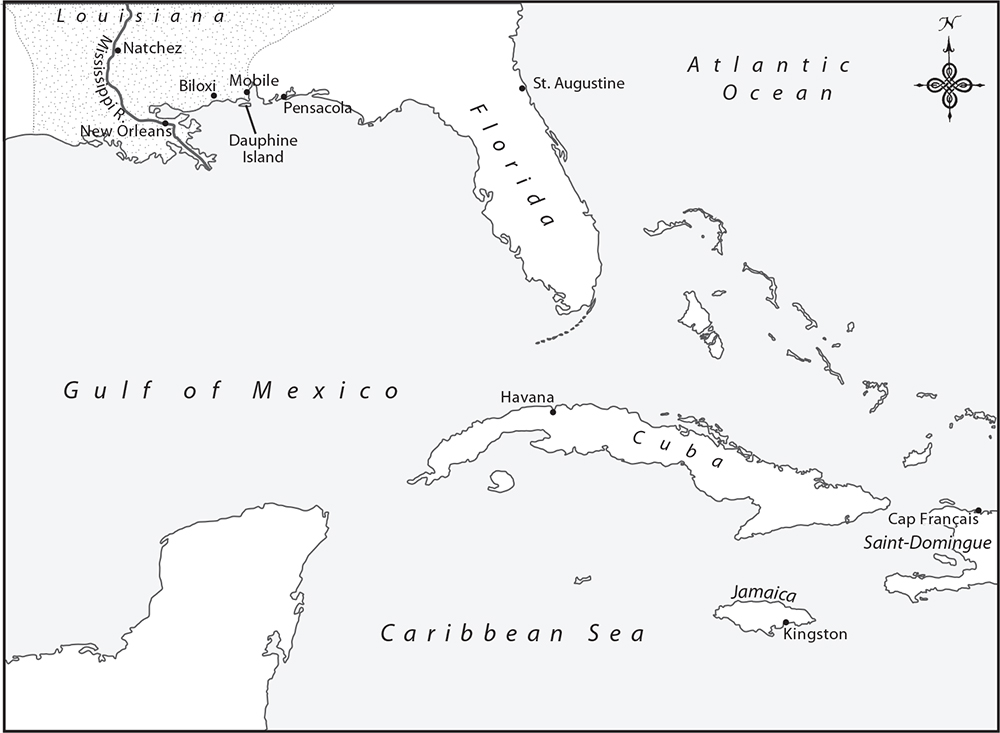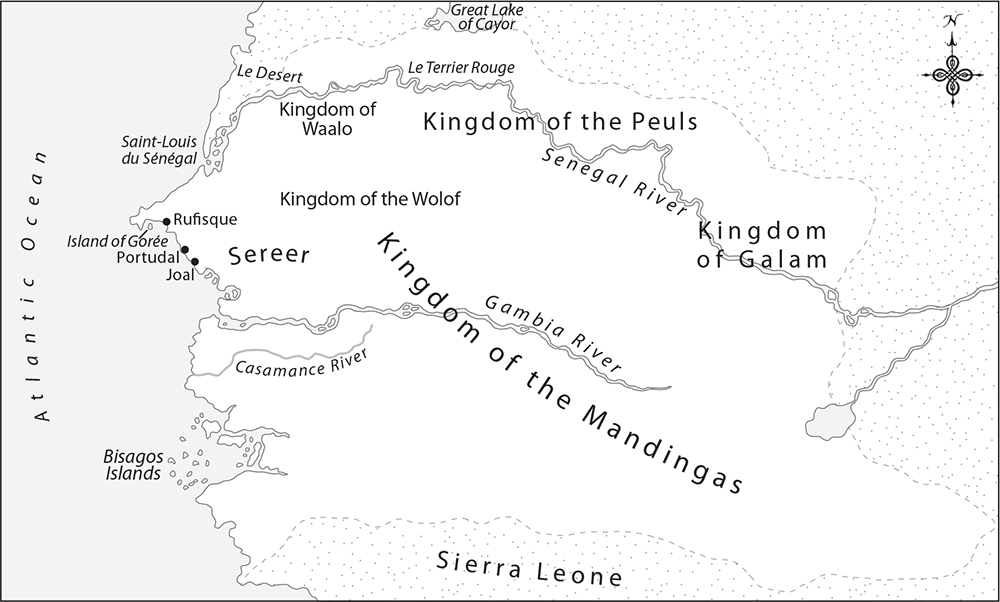Jessica Marie Johnson - Wicked Flesh: Black Women, Intimacy, and Freedom in the Atlantic World
Here you can read online Jessica Marie Johnson - Wicked Flesh: Black Women, Intimacy, and Freedom in the Atlantic World full text of the book (entire story) in english for free. Download pdf and epub, get meaning, cover and reviews about this ebook. year: 2020, publisher: University of Pennsylvania Press, genre: Home and family. Description of the work, (preface) as well as reviews are available. Best literature library LitArk.com created for fans of good reading and offers a wide selection of genres:
Romance novel
Science fiction
Adventure
Detective
Science
History
Home and family
Prose
Art
Politics
Computer
Non-fiction
Religion
Business
Children
Humor
Choose a favorite category and find really read worthwhile books. Enjoy immersion in the world of imagination, feel the emotions of the characters or learn something new for yourself, make an fascinating discovery.
- Book:Wicked Flesh: Black Women, Intimacy, and Freedom in the Atlantic World
- Author:
- Publisher:University of Pennsylvania Press
- Genre:
- Year:2020
- Rating:4 / 5
- Favourites:Add to favourites
- Your mark:
Wicked Flesh: Black Women, Intimacy, and Freedom in the Atlantic World: summary, description and annotation
We offer to read an annotation, description, summary or preface (depends on what the author of the book "Wicked Flesh: Black Women, Intimacy, and Freedom in the Atlantic World" wrote himself). If you haven't found the necessary information about the book — write in the comments, we will try to find it.
The story of freedom pivots on the choices black women made to retain control over their bodies and selves, their loved ones, and their futures.
The story of freedom and all of its ambiguities begins with intimate acts steeped in power. It is shaped by the peculiar oppressions faced by African women and women of African descent. And it pivots on the self-conscious choices black women made to retain control over their bodies and selves, their loved ones, and their futures. Slaverys rise in the Americas was institutional, carnal, and reproductive. The intimacy of bondage whet the appetites of slaveowners, traders, and colonial officials with fantasies of domination that trickled into every social relationshiphusband and wife, sovereign and subject, master and laborer. Intimacycorporeal, carnal, quotidiantied slaves to slaveowners, women of African descent and their children to European and African men. In Wicked Flesh, Jessica Marie Johnson explores the nature of these complicated intimate and kinship ties and how they were used by black women to construct freedom in the Atlantic world.
Johnson draws on archival documents scattered in institutions across three continents, written in multiple languages and largely from the perspective of colonial officials and slave-owning men, to recreate black womens experiences from coastal Senegal to French Saint-Domingue to Spanish Cuba to the swampy outposts of the Gulf Coast. Centering New Orleans as the quintessential site for investigating black womens practices of freedom in the Atlantic world, Wicked Flesh argues that African women and women of African descent endowed free status with meaning through active, aggressive, and sometimes unsuccessful intimate and kinship practices. Their stories, in both their successes and their failures, outline a practice of freedom that laid the groundwork for the emancipation struggles of the nineteenth century and reshaped the New World.
Jessica Marie Johnson: author's other books
Who wrote Wicked Flesh: Black Women, Intimacy, and Freedom in the Atlantic World? Find out the surname, the name of the author of the book and a list of all author's works by series.

